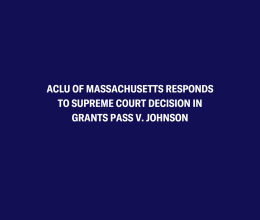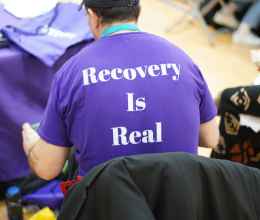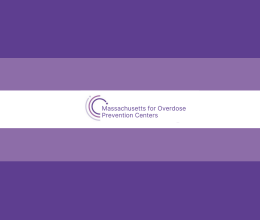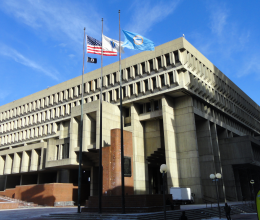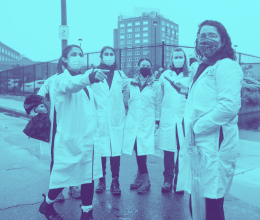
Massachusetts for Overdose Prevention Centers (MA4OPC) today recognizes International Overdose Awareness Day, a day to honor the people whose lives have been impacted by overdose, including family and friends grieving the loss of a loved one or workers in health care, first responders, and support service providers.
Last year was the highest recorded year for opioid-related overdose deaths in Massachusetts, with 2,357 lives lost. In 2022, overdose death rates in our state rose dramatically for Black non-Hispanic people. Hispanic and Indigenous people also saw substantial increases in overdose death rates. Overall, there has been a 9.1 percent increase in statewide opioid-related overdose deaths from the previous peak in 2016.
Lynn Wencus, parent of loss and member of Team Sharing, released the following statement in response:
“Today marks the seventh year that I stand alongside many others, mourning the loss of my son, Jeff, and the thousands and thousands of lives lost to the opioid epidemic. Although we know that overdoses are preventable, the 2,357 Massachusetts lives lost in 2022 tells a very different story. Where is the outrage? Overdose prevention centers are an essential strategy in saving lives. We need to open these centers and begin saving lives now. While there is life, there is hope.”
Dana Longobardi, Administrative Director of Public Health Prevention Programs at Fenway Health, released the following statement in response:
“We know what the data look like; we know that avoidable deaths are happening every day in Massachusetts and across the U.S. We cannot afford to maintain the status quo. Overdose prevention centers offer an evidenced-based alternative. They are essential in providing a dignified space to keep people who use drugs safe, and, most importantly, alive.”
MA4POC is a statewide coalition of more than 30 organizations committed to establishing overdose prevention centers in Massachusetts. The coalition — including major Massachusetts hospitals and providers, leading medical and public health groups, and nonprofit organizations — supports efforts to save lives, expand harm reduction strategies, and link people to treatment and recovery support services.
For more information about MA4OPC and H.1981/S.1242, go to www.ma4opc.org
